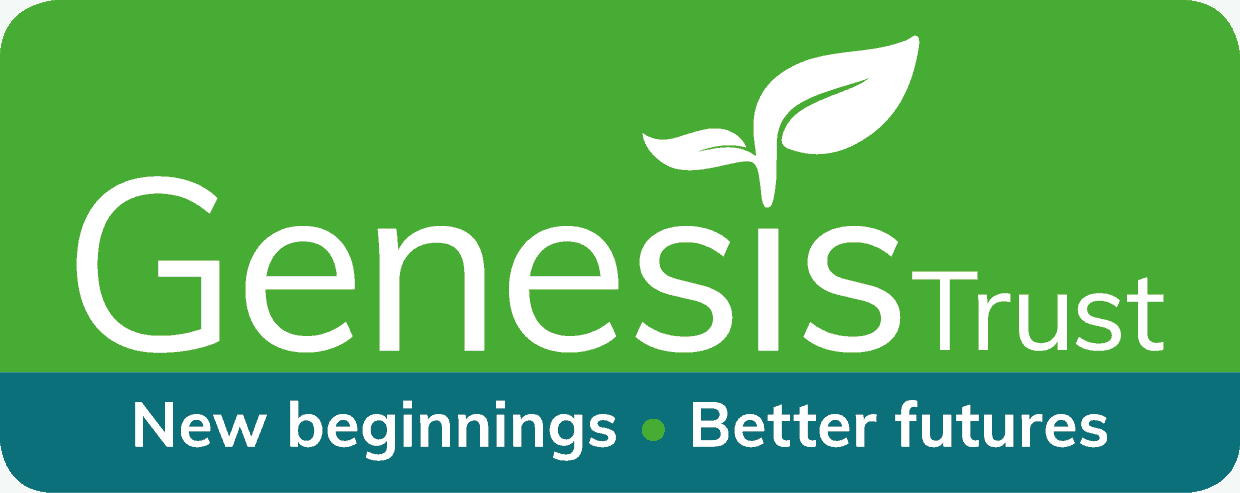
The Need
Homelessness and poverty are complex issues.
There is often no single cause and no simple solution.
Homelessness has been a growing issue for a number of years, and there are many types of poverty ranging from lack of material resources to the lack of positive relationships and support networks. But of perhaps greatest long term importance is often a lack of identity and purpose, including both the spiritual as well as the physical.
The BANES Rough Sleeper Count found 25 people sleeping in doorways or on the streets in 2016, in 2017 this number had risen to 34 and in 2018 it was 20. These statistics are an estimate, most likely a significant underestimate, and do not account for the many more ‘hidden’ homeless people: those sleeping in night shelters, at friends houses, at B&B’s, or in temporary accommodation.
Structural factors such as benefits, housing and job shortages, as well as personal circumstances such as addiction, debt, and relationship breakdown, can cause and exacerbate homelessness, poverty and hunger.
These risk factors can also have a negative impact on mental health. Therefore, the individuals and families that we support often face multiple, complex needs and we are already seeing the COVID-19 pandemic worsen the mental health of many of our existing clients.
At our Gateway Centre, where we offer one-to-one appointments for rough sleepers, we see approximately 8 visits three days a week to access a hot drink, clothing or bedding, as well as a shower and laundry facilities. Our visitors are both men and women, of all different ages and backgrounds. The reasons for their situations differ greatly.
Statistics Summary
- An estimated 3,898 people were counted as sleeping rough across England on a single night in autumn 2023. The official rough sleeping snapshot was up more than a quarter on the 3,069 people counted in 2022 and is more than double the 1,768 people on the streets in 2010.
- In 2023, at least 309,000 people in England are without a home, including almost 140,000 children. This is a stark increase of 14%, 38,100 people, in one year.
- Bath has 5 of the most socially deprived areas in the UK.
- 8 out of the 10 least affordable wards across the West of England are in B&NES.
- In 2017/18 19% of all children living in B&NES were reported to be living in poverty.
- In 2023-24, The Bath Foodbank has seen a 13% increase in referrals and, on average, 52 new families needed support each month.
- In 2019 it was estimated that over 22,000 people of working age in B&NES adults have a common mental illness.
